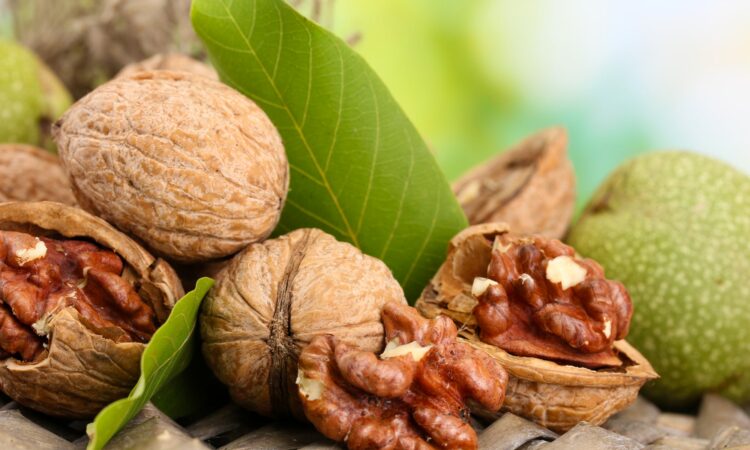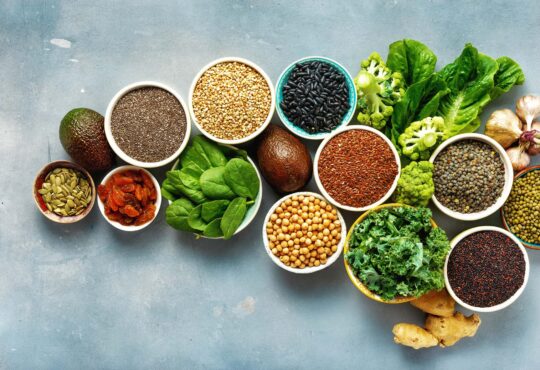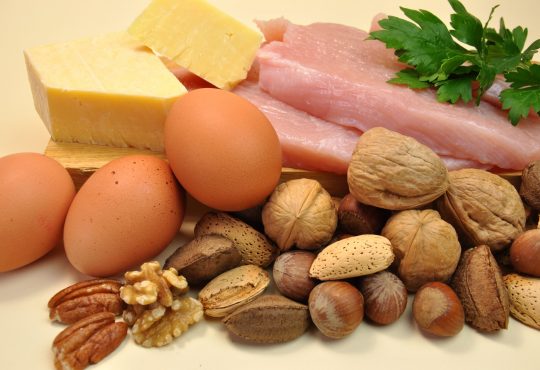
If a Big Pharma company discovered a magic pill to extend life and healthspan by 1.3 years, it’d be the biggest medicine success since Viagra.
Especially if that included a 14% lower risk of “all cause” mortality – that is, dying for any reason – and an incredible 25% drop in dying from our Number One Killer – heart disease.
That’s for only five “servings” per week.
Just seven HALF servings per week lowers all-cause mortality almost as much – 12%.
In another clinical trial, patients who consumed TWO servings per day for two years REDUCED:
* Total cholesterol, LDL and Intermediate Density Lipoprotein (IDL)
* Total LDL particles by 4.3%
* Small LDL (a more dangerous form of LDL) particles by 6.1%
We’d all clamor to get hold of this medicine. We’d all demand Medicare and health insurance policies cover it. The company would squeeze us all for billions of dollars of revenue.
This “medicine” exists right now – no prescription or medical insurance required.
Just visit your local supermarket.
Walnuts.
Study from Harvard T.H. Chan School of Public Health
This team of scientists analzed data from the 67,014 women who participated in the Nurses’ Health Study and the 26,326 men in the Health Professionals Follow-up Study. The follow-up period lasted 20 years.
At the start of this time, all subjects completed a survey on their consumption of walnuts. All were relatively healthy at the beginning. Their average age was 63 years.
The 1.3-year increase in life expectancy among those who ate walnuts frequently was among subjects who had already reached age 60.
Yanping Li, PhD, and lead investigator, concluded: “Even a few handfuls of walnuts per week may help promote longevity, especially among those whose diet quality isn’t great to begin with.”
The results of this study were published in the journal Nutrients in 2021.
Even Two to Four Servings per Week Lower Your Risk
One serving consists of one ounce – around 7 walnuts.
The subjects who ate five or more servings per week got the best results.
However, even those who ate two to four servings per week lowered their all-cause risk of mortality by 12%.
That means a one year increase in lifespan (for 60-year-olds).
Plus a 14% lower risk of death from cardiovascular disease.
One study found that not eating walnuts at all could double your risk of dying from a heart attack.
What’s So Great About Walnuts?
They’re the oldest tree food we know of, dating back to 7,000 B.C. Caravans carried them along the Silk Road between the Middle East and Asia. English merchant marine ships spread them around the world.
With just one ounce of walnuts, you get:
* 4 grams of protein
* 2 grams of fiber
* 45 mgs of magnesium
However, perhaps their most important component is the alpha-linolenic acid (ALA), an omega-3 fatty acid.
This makes walnuts a relatively “high fat” food, which some believe is automatically harmful. But, it turns out, studies show walnuts protect you from the adverse health consequences of eating saturated fat. Their ALA is the anti-fat fat.
ALA improves your blood levels of lipids by reducing the production of fat. ALA supports the health of the endothelial lining in your arteries. This perhaps explains why walnuts have such a strong effect on lowering cardiovascular risk.
This improvement in endothelial lining health means your arteries are not so stiff. They can relax, allowing blood to flow easily.
This results in lower blood pressure. Also, having more flexible blood vessels greatly improves your chances of surviving a heart attack if you do have one.
Improving Your Blood Lipid Profile and Blood Sugar Levels
In another study, subjects who ate 1.5 ounces of walnuts every day reduced fasting levels of lipids and lipidproteins. These include: total cholesterol, non-HDK cholesterol, LDL cholesterol, triglycerides and apolipoprotein B (apoB).
Eating walnuts can reduce your cholesterol by 5%.
In a three-month trial, consuming walnuts daily for three months lowered blood sugar levels in diabetic patients by 8% – as measured by both fasting glucose and HbA1c tests.
One of the phytoflavonoids in walnuts is myricetin, which enhances the activity of insulin receptors. This also helps diabetics control their blood sugar levels.
Controlling Cancer Too
This needs much more research.
However, in a lab study, the peptide fractions found in walnuts reduced the growth of breast cancer cells by 63% and colon cancer cells by 51%.
One study compared the lifelong consumption of walnuts, along with peanuts and almonds – of breast cancer patients to people without breast cancer. Those who ate lots of nuts had from two to three times lower risk of breast cancer.
Feeding walnuts to mice inhibits the development of tumors, decreasing their size and rate of growth.
Antioxidants in Walnuts Protect Your Brain
In animal studies, walnuts reduced oxidative damage to brain cells, lowering inflammation.
A group of mice fed walnuts for ten months showed improvements in memory and their ability to learn, when compared to mice who never ate walnuts.
Other studies suggest walnuts may reduce risk of stroke, depression, Parkinson’s disease and other brain disorders.
Conclusion
Everyone – except the 1% of people with allergies to nuts – should eat from one to two ounces of walnuts daily.
By themselves, they make an easy and satisfying, delicious snack. Add them to a salad or your smoothies.
Your arteries will thank you by giving you more time to spend on this Earth.
https://nutritionfacts.org/video/foods-to-help-protect-your-arteries-from-saturated-fat/
https://www.lifeextension.com/magazine/2022/4/walnuts-extend-your-life
https://walnuts.org/about-walnuts/history/
https://nutritionfacts.org/video/walnuts-and-artery-function/
Neale EP, Tapsell LC, Guan V, Batterham MJ. The effect of nut consumption on markers of inflammation and endothelial function: a systematic review and meta-analysis of randomised controlled trials. BMJ Open. 2017;7(11):e016863.
Bhardwaj R, Dod H, Sandhu MS, et al. Acute effects of diets rich in almonds and walnuts on endothelial function. Indian Heart J. 2018;70(4):497-501.
https://www.ncbi.nlm.nih.gov/pmc/articles/PMC7071526/







